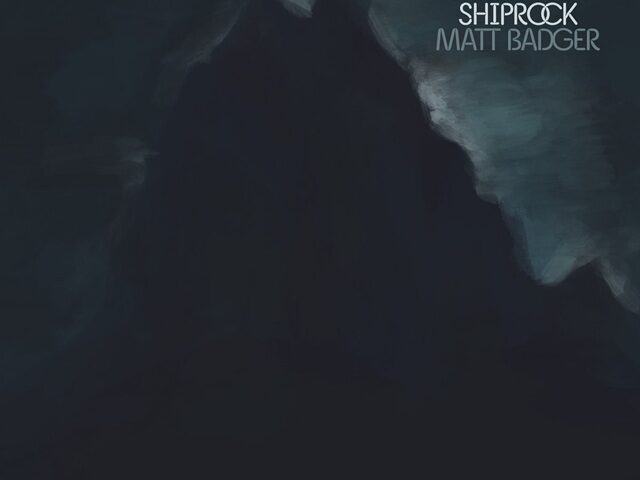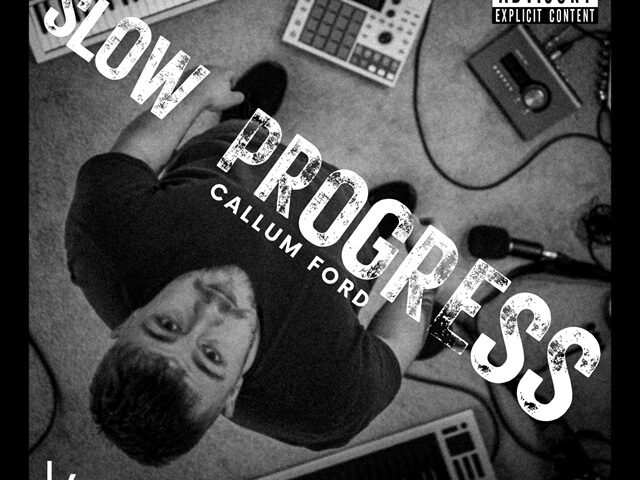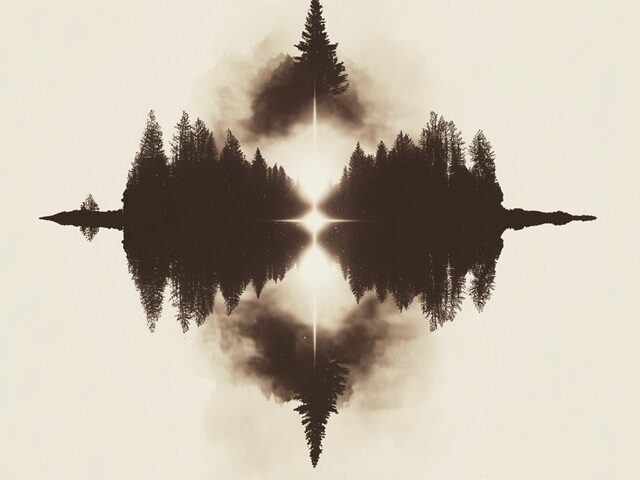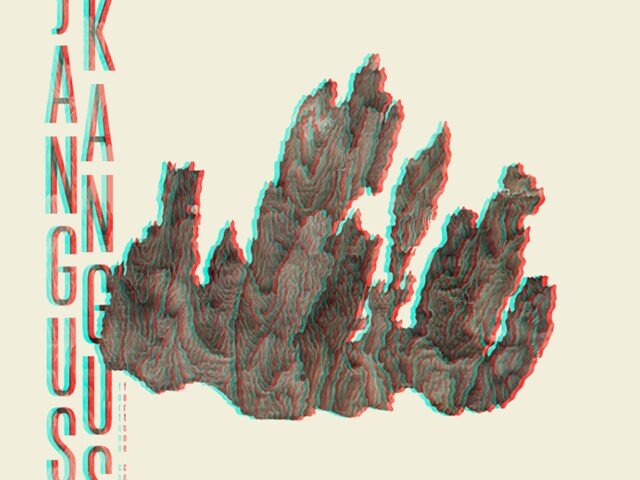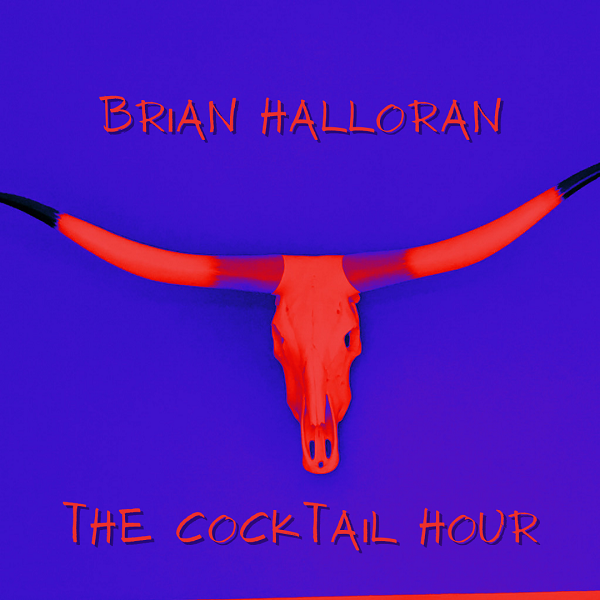
Impressing with an eclectic rock range touting both infectiousness and heartfelt lyrical pursuits, The Cocktail Hour is the new album from Brian Halloran. Crafted largely during the COVID lockdown in 2020, the album stirs in its emotional sincerity — reflective of the pandemic’s conjuring of existential dread and feelings of isolation. Alongside guitarist/producer Emmett O Malley, Halloran touts a melodic rock sound with plenty of heart, sounding fresh while still exuding hints of the acts Halloran grew up on, like R.E.M., U2, The Cure, Crowded House, The Smiths, and beyond.
The opening “Sine Qua Non” rouses in its melodic expanse, traversing from a bass-fronted ’80s nostalgia into an anthemic rock ardency. “How did I convince myself that this is where I lose myself?” Halloran asks during this escalation. The verses exude a late-night contemplation with post-punk rhythmic hints, meshing with a vibrant hook-minded sensibility, and reminding of New Order as such. The initial vocoder effect on the subsequent “I Am Looking For You Always” stays in a comparable realm of nostalgia, conveying a perpetual search amidst stutter-y guitar effects with glimpses of The Smiths’ “How Soon Is Now?”
The Cocktail Hour enamors from the get-go with these melodic first two offers, venturing into a more textured, evolving rock appeal with “On A Wednesday.” “We don’t ever talk about the things we need,” the vocals admit as guitars escalate in tone, ascending into a cathartic burst of guitar and a wordless backing vocal glow. “If on a Wednesday you should find yourself trying to find me, don’t be surprised to find I’ve gone into hiding,” Halloran emits, showcasing a soaring rock sound in that U2 vein, with intriguing lyrics suggesting a desire for self-discovery.
“The Sacred Geometry” is a particular standout, featuring the haunting vocals of Michelle Rescigno and emotive violin work from Amanda Lo MacGregor. Halloran’s somber vocals find a reflective lushness in Rescigno’s chilling back, as the vocals tell a tale of lovers assuming a reflective stride in their mutual adoration — breathing and moving with concurring grace. The moving string arrangements prove expressive and befitting in this thematic context, as does the mirrored vocal haunts. “The Sacred Geometry” proves riveting as part of the album’s emotional core.
A folk-pop and Bossa-nova flair proves striking on the album’s title track, as initially debonair vocals and string-laden majesty driving into the “victory lap,” chorus — impressing in its sophisti-pop pursuits. From the chamber-folk build into anthemic rock power within “I Was Hungry” to the ambient-friendly swell into perky rock/pop replay-inducement on the closing “5959,” the album closes with a satiating endurance. Brian Halloran’s The Cocktail Hour resonates in its consistently engaging songwriting and heartfelt lyrical outpouring.


